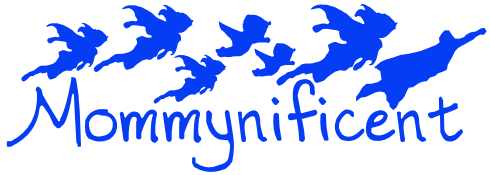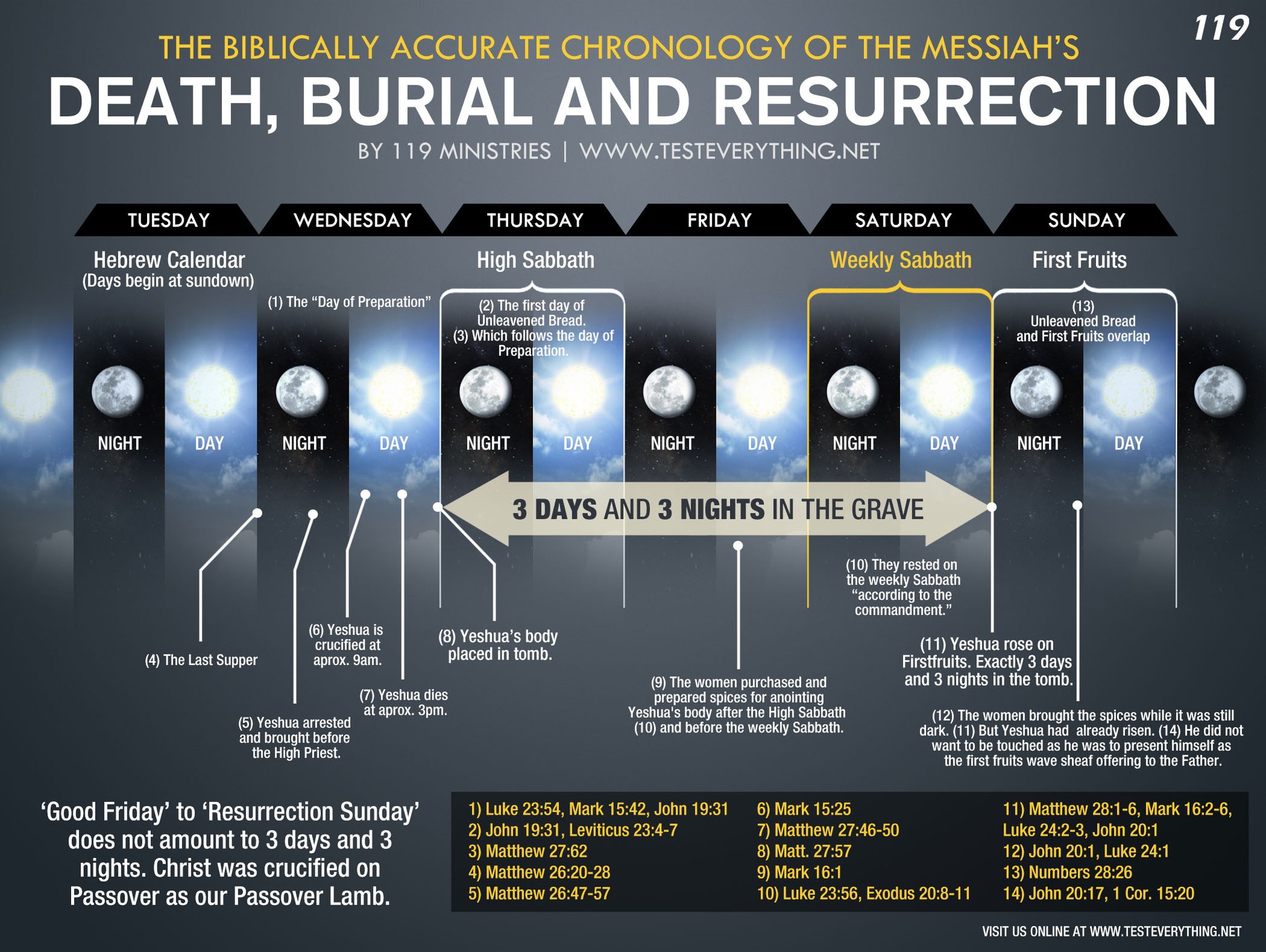Was Yeshua’s “Last Supper” actually a Seudah Maphsehket?
I’ve been puzzled by a few things about Yeshua’s final meal for most of my life, and I’ve finally found an explanation that made all the pieces fall into place, so I just have to share in case it has bothered any of you the way it has bothered me.
Plus there are these things:
1) There are Greek words for both regular bread and unleavened bread, but all the Gospel accounts of the Last Supper as well as Paul’s in Corinthians use the word for regular bread. (The word for regular bread can include unleavened bread, but with unleavened bread being such an important part of Passover and the word for it being used in the Gospels so obviously known by the writers, I think it’s odd that it isn’t used in the accounts of Yeshua’s final meal.)
2) No lamb and bitter herbs are mentioned. They are the most important parts of the Passover meal along with the unleavened bread which is also not specified. That’s weird if it was Passover. (I do want to add here that I absolutely still believe Passover and all its components point to Yeshua. It’s just not necessary for the Last Supper to have been a Passover meal for that to be true.)
3) The Pharisees are consistently insistent on doing it all BEFORE the Feast. It’s highly improbable they left their own Passover meals to go and arrest and try Him that evening, especially since it would be a High (special) Sabbath.
4) I’ve heard some people say Yeshua celebrated it early, but that’s weird. We know He kept Torah perfectly.
5) The Passover meal takes place as the sun sets and the Feast of Unleavened Bread begins. The first day of the feast is a High (special) Sabbath. It makes no sense that when Judas left the meal to betray Yeshua, the other disciples thought he was going to buy things they would need for the feast (John 13:29). Nothing would be open on a High Sabbath, and no Jew would leave the Passover meal to go shopping. Obviously Judas wasn’t a great example, but they didn’t know that yet so that would not have been their immediate assumption, and they wouldn’t have been ok with it as they seem to be.
6) If He was killed the day after Passover, He would have been killed on the High Sabbath of the First Day of the Feast of Unleavened Bread, but they all, his disciples and the Pharisees alike, talk about getting Him off the cross and buried before the Sabbath. This kills the idea of them being on different calendars as some posit.
All of these apparent contradictions and difficulties finally make sense when you learn about an ancient Galilean tradition called Seudah Mephseket, which literally translates to “last supper” and is well documented historically. Galileans traditionally had a special extra feast meal the night before Passover in which they ate the rest of their leavened bread and they remembered that it was the firstborn sons who were saved at the first Passover. After that meal, firstborns would traditionally fast until the Passover meal the next night. (None of this was commanded, but it was also not against any commands. There is no Biblical prohibition against traditions, so long as they are not against any of YHWH’s commands and are not elevated to the level or above the level of YHWH’s commands.)
Yeshua was a firstborn son, and He and all His disciples were Galileans. It is well-documented that the three spring feasts were and continue to be lumped together in everyday Jewish speech and are often just called “Passover” despite the fact that the Passover is really just the lamb and the one meal the night before the seven-day Feast of Unleavened Bread. It makes sense that this Galilean tradition would have been lumped in with the whole holiday in their thoughts which explains the confusing wording in Matthew, Mark, and Luke that makes it seem like this meal might have been the Passover meal. The Seudah Maphsehket was, in fact, the first meal eaten on the day the Passover lambs were killed as a Biblical day starts at sundown. When the sun set on the 13th day of the month, and the 14th day began, Galileans would begin the 14th day with this “Last Supper” of leavened bread, then go to bed. When they woke up, it was still the 14th day. The firstborns would fast, and the Passover lambs were killed that afternoon before twilight and then eaten as night fell on the 15th day. In the year Yeshua died, He partook of His Seudah Maphsehket with His disciples and then was betrayed and taken to trial that night. He did not eat all day and was killed that afternoon as the Passover lambs were being slaughtered, and they were careful to take Him down and bury Him before night fell and the High Sabbath of the 15th day began.
His disciples and the women rested on the High Sabbath (15th), and Luke 23:55-56 then tells us that the women bought and prepared spices for His burial, which must have happened on the 16th day, the day after the High Sabbath. Then Luke says they rested again on the weekly Sabbath, the 17th day of the month, according to the commandment. Then the next morning, at or just before dawn on the day following the Sabbath, they went to the tomb to find it empty. This leaves us with the following timeline, beautifully put together by 119 Ministries.
Here are several articles that helped me understand, and Tom Bradford of Torah Class talks about it in several of his lessons as well (Deuteronomy Lesson 20 and Matthew Lessons 89 and 90). I felt like I had to do a lot of sifting though, so I’ve tried to explain it above as succinctly as possible.
https://messilife.com/the-
https://lexmeyer.blogspot.com/
https://en.wikipedia.org/wiki/
https://www.tedmontgomery.com/
https://blog.
I am working on a script for our family to celebrate Seudah Maphsehket this year, and I will post it in a separate post for you once it’s ready. I hope this is helpful and puts to rest any lingering difficulties you’ve had reconciling all the Biblical accounts of Yeshua’s final meal, death, and resurrection. It sure helped me!









4 Comments
Danielle
11 months agoThank you for sharing! I, for along time questioned the last supper timing. Thais helped me in my understanding.
Tina Chen
11 months agoI’m so glad! Thank you for letting me know it was helpful to you!
Diane
11 months agoThank you! Such a big help 🙂
Tina Chen
11 months agoMy pleasure! I’m so glad you found it helpful!